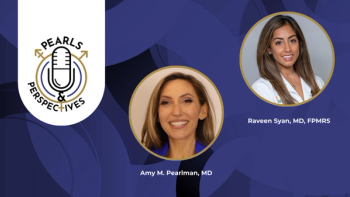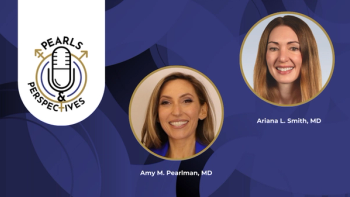
Social media: Mitigate your risk of litigation
Attorneys will scour for online ‘dirt’ to use in a lawsuit, writes Brianne Goodwin, JD, RN.
There is no question that social media has changed the landscape of many aspects of culture, including how people communicate, connect, do business, learn, and live, both in the United States and across the globe. Litigation and medicine are no exceptions to this. Social media sites such as Facebook, Twitter, LinkedIn, YouTube, Instagram, Pinterest, and others are just the tip of the iceberg in terms of outlets that are used by the general public, including health care providers. Focus then on apps and sites that are geared specifically toward medicine: Doximity, Sermo, QuantiaMD, and AmongDoctors, to name a few. The list could go on and on, but what should be quite obvious is that the Internet houses troves of data and information on its users. How physicians interact and use social media is a new “Wild West” in medicolegal context.
Also by Brianne Goodwin, JD, RN:
Literature demonstrates that health care providers find a great deal of use to networking online with respect to their profession. Whether viewing surgical technique on YouTube or tweeting live content from a professional meeting, the Internet is a virtual classroom. With that, there are precautions that medical professionals should take to prevent social media and networking from impacting them adversely.
What the AMA says
Physicians have reported a lack of training in professional conduct online
With regard to litigation, any good defense attorney will be scouring the social media sites of the plaintiff suing you. They may look for the plaintiff commentating on the legal process, which could affect attorney-client privilege. They most certainly are looking to see if the plaintiff’s claimed injuries can be challenged by online posts and pictures. While this is the commonly thought-of scenario in malpractice litigation, make no mistake that the plaintiff’s attorney is trying to dig up your online dirt as well. They will look for anything that could impact your credibility.
For example, take just one of the many Facebook groups dedicated to a particular medical specialty or discipline: the Robotic Surgery Collaboration. This private group of about 5,500 robotic surgeons allows for the sharing of de-identified cases and the exchange of ideas and experiences
Lastly, assure that your medical institution has credentialed you for all the procedures you perform. To be found performing a procedure learned on Facebook that your organization has not credentialed you to perform would be bad for optics, and potentially for a trial outcome.
Next:
Another area where physicians and surgeons may be at risk is with peer-to-peer communications regarding patients and outcomes online. Currently, federal and state statutes protect morbidity and mortality conferences and data submitted to patient safety organizations. Conducting any type of quality assurance or improvement activities on social media is not peer-review protected by law. While there does not appear to be much legal precedent on this conduct and whether it serves to waive the laws protecting it, being the test case in court is not desirable. Physicians should be encouraged to keep quality initiatives under an appropriate umbrella, one that provides peer-review protection.
Read:
Despite the many potential benefits social media poses, predicting the risks an individual may be opening themselves up to is difficult. Not surprisingly, technology and social media have moved faster than the law. Consequentially, there is little case law on these issues that is setting precedent to be followed. Still, many medical societies are publishing guidelines that can be looked to for direction. The AUA and European Association of Urology each have posted guidance regarding social media use
Given the largely unknown repercussions of social media activity at a malpractice trial, physicians should be urged to proceed cautiously and be thoughtful. Assume that everything you post is permanent. A rule of thumb provided in a recent Medical News Today article goes, “Never post anything that you wouldn’t want to see in a peer-reviewed journal”
The Internet and social media appear here to stay. With some mindfulness, sensitivity, and tact, physicians should be able to coexist peacefully and successfully. Don’t allow one blog, post, tweet, photo, or video to negatively impact your livelihood or a career that has taken much time and effort to develop and maintain.
More from Urology Times:
Newsletter
Stay current with the latest urology news and practice-changing insights — sign up now for the essential updates every urologist needs.





